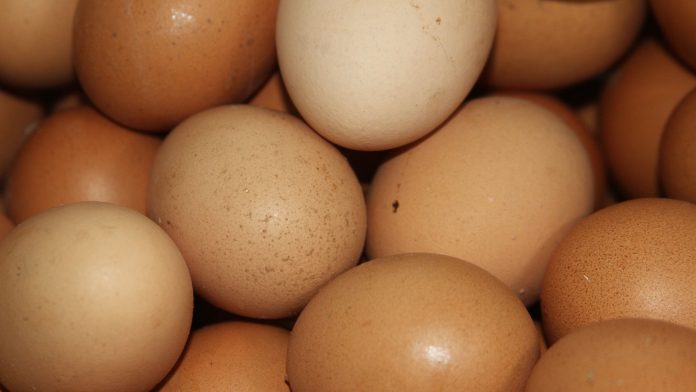
By consuming one egg every day it could help reduce the risk of cardiovascular disease (CVD), according to a new study carried out in China.
The study, published in the journal Heart, suggests that eating an egg a day could reduce the risk of stroke by 26% and avoid developing cardiovascular disease when compared to those not eating eggs.
Worldwide, CVD is the leading cause of death and disability, which is mostly due to ischaemic heart disease and stroke. While ischaemic heart disease is the leading cause of premature death in most western countries, stroke is the biggest culprit in China, followed by heart disease.
Eggs and their health implications
Despite eggs being a prominent source of dietary cholesterol, they also contain high-quality protein, many vitamins and bioactive components such as phospholipids and carotenoids.
Previous studies to find an association with eggs and their impact on health have been inconsistent, with insignificant evidence on any link to developing heart disease or stroke.
To find more definitive results, a team of researchers from China and the UK led by Professor Liming Li and Dr Canqing Yu from the School of Public Health, Peking University Health Science Center, examined the associations between egg consumption and cardiovascular disease, ischaemic heart disease, major coronary events, haemorrhagic stroke and ischaemic stroke.
The study
Data was used from the China Kadoorie Biobank (CKB) study and focused on 416,213 participants who were free of prior cancer, CVD and diabetes.
Following an 8.9 year follow-up, it was found that a total of 83,977 cases of CVD and 9,985 CVD deaths were documented; as well as 5,103 major coronary events.
At the start of the study period:
- 13.1% of participants reported daily consumption (usual amount 0.76 egg/day); and
- 9.1% reported never or very rare consumption (usual amount 0.29 egg/day) of eggs.
Analysis of the results showed that compared to those not consuming eggs, eating eggs daily was associated with a lower risk of CVD overall.
Additional findings
Daily egg consumers (one daily) had a 26% lower risk of haemorrhagic stroke, a 28% lower risk of haemorrhagic stroke death and an 18% lower risk of CVD death.
There was also a 12% reduction in risk of ischaemic heart disease observed for people consuming eggs daily (estimated amount 5.32 eggs/week), when compared with the ‘never/rarely’ consumption category (2.03 eggs/week).
The authors concluded: “The present study finds that there is an association between moderate level of egg consumption (up to 1 egg/day) and a lower cardiac event rate.
“Our findings contribute scientific evidence to the dietary guidelines with regard to egg consumption for the healthy Chinese adult.”
Press release: The BMJ
























